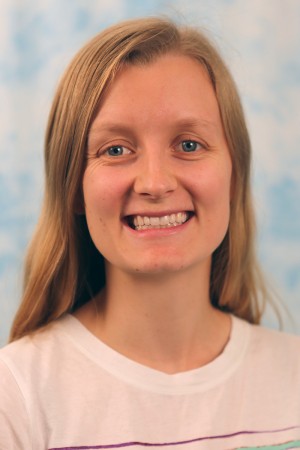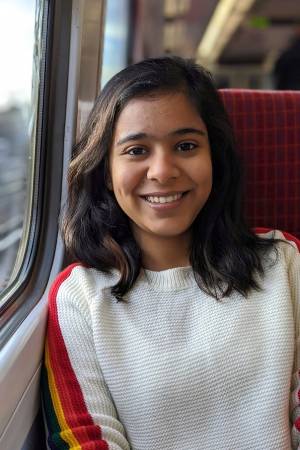Special RI Seminar
Title: Testing, Analysis, and Specification for Robust and Reliable Robot Software Abstract: Building robust and reliable robotic software is an inherently challenging feat that requires substantial expertise across a variety of disciplines. Despite that, writing robot software has never been easier thanks to software frameworks such as ROS: At its best, ROS allows newcomers to assemble simple, [...]
MSR Thesis Talk: Zhizhu Zhao
Title: Distilling View-conditioned Diffusion for 3D Reconstruction Abstract: We propose a 3D neural mode-seeking formulation that combines probabilistic generation of unseen regions with faithful reprojection of seen regions in a consistent 3D representation. Feature reprojection methods (NerFormer, PixelNeRF) are 3D consistent, but fail to hallucinate unseen regions. Image generation methods (ViewFormer) generate plausible hallucinations, but generated [...]
Differentiable Fluid-Structure Interaction for Robotics
Abstract: We present Aquarium, a differentiable fluid-structure interaction solver for robotics that offers stable simulation, accurately coupled fluid-robot physics in two dimensions, and full differentiability with respect to fluid and robot states and parameters. Aquarium achieves stable simulation with accurate flow physics by directly integrating over the incompressible Navier-Stokes equations using a fully implicit Crank-Nicolson [...]
MSR Thesis Talk: Khiem Vuong
Title: Scaling up Camera Calibration and Amodal 3D Object Reconstruction for Smart Cities Abstract: Smart cities integrate thousands of outdoor cameras to enhance urban infrastructure, but their automated analysis potential remains untapped due to various challenges. Firstly, the lack of accurate camera calibration information, such as its intrinsics parameters and external orientation, restricts the measurement [...]
From Reinforcement Learning to Robot Learning: Leveraging Prior Data and Shared Evaluation
Abstract: Unlike most machine learning applications, robotics involves physical constraints that make off-the-shelf learning challenging. Difficulties in large-scale data collection and training present a major roadblock to applying today’s data-intensive algorithms. Robot learning has an additional roadblock in evaluation: every physical space is different, making results across labs inconsistent. Two common assumptions of the robot [...]
MSR Thesis Talk: Tianyuan Zhang
Title: Surface Ripples: Analyzing Transient Vibrations on Object's Surfaces Abstract: The subtle vibrations on an object's surface contain information about its physical properties and interaction with the environment. Prior works imaged surface vibration to recover the object's material properties via modal analysis, which discards the transient vibrations propagating immediately after the object is disturbed. In this [...]
MSR Thesis Talk: Anurag Ghosh
Title: Learned Two-Plane Perspective Prior based Image Resampling for Efficient Object Detection Abstract: Real-time efficient perception is critical for autonomous navigation and city scale sensing. Orthogonal to architectural improvements, streaming perception approaches have exploited adaptive sampling improving real-time detection performance. In this work, we propose a learnable geometry-guided prior that incorporates rough geometry of the [...]
MSR Thesis Talk: David Russell
Title: Using Drones and Remote Sensing to Understand Forests with Limited Labeled Data Abstract: Drones and remote sensing can provide observations of forests at scale, but this raw data needs to be interpreted to further scientific understanding and inform effective management decisions. This thesis studies two problems under the realistic constraint of limited domain-specific training [...]
MSR Thesis TallK: Aarrushi Shandilya
Title: Lights, Camera, Render: Neural Fields for Structured Lighting Abstract: 3D scene reconstruction from 2D image supervision alone is an under-constrained problem. Recent neural rendering frameworks have made great strides in learning 3D scene representations to enable novel view synthesis, but they struggle to reconstruct geometry of low-texture regions or from sparse views. The prevalence of active [...]








